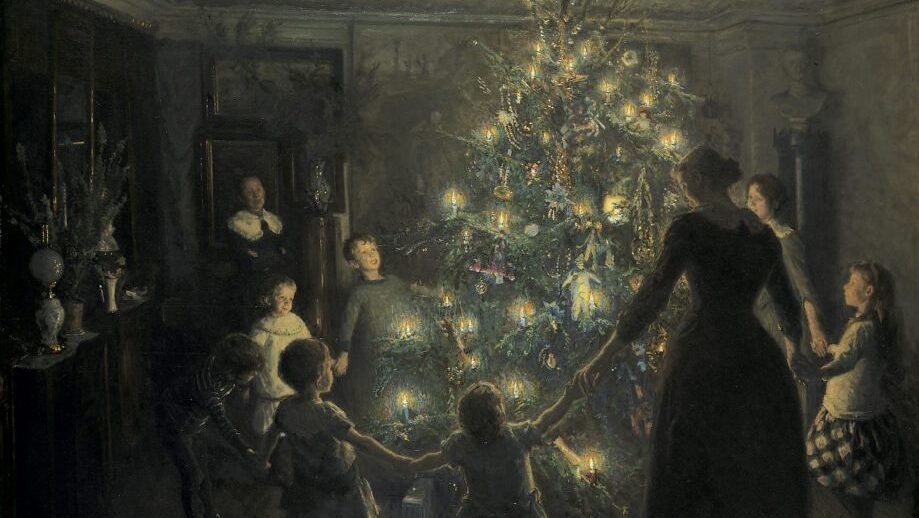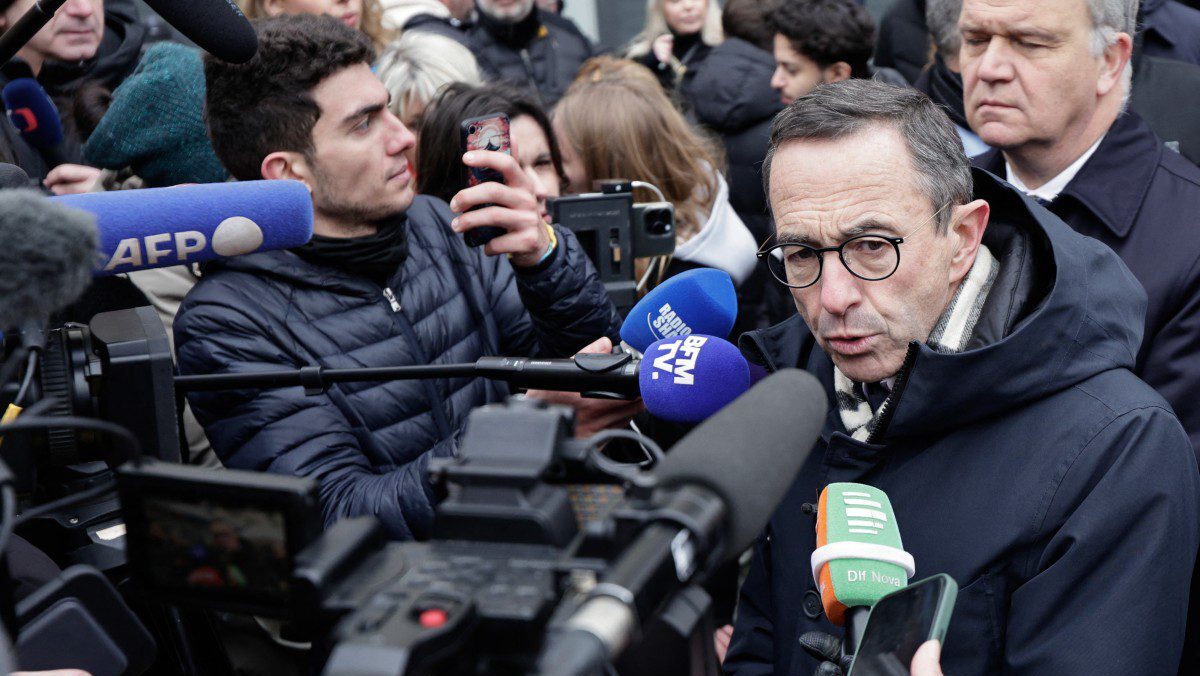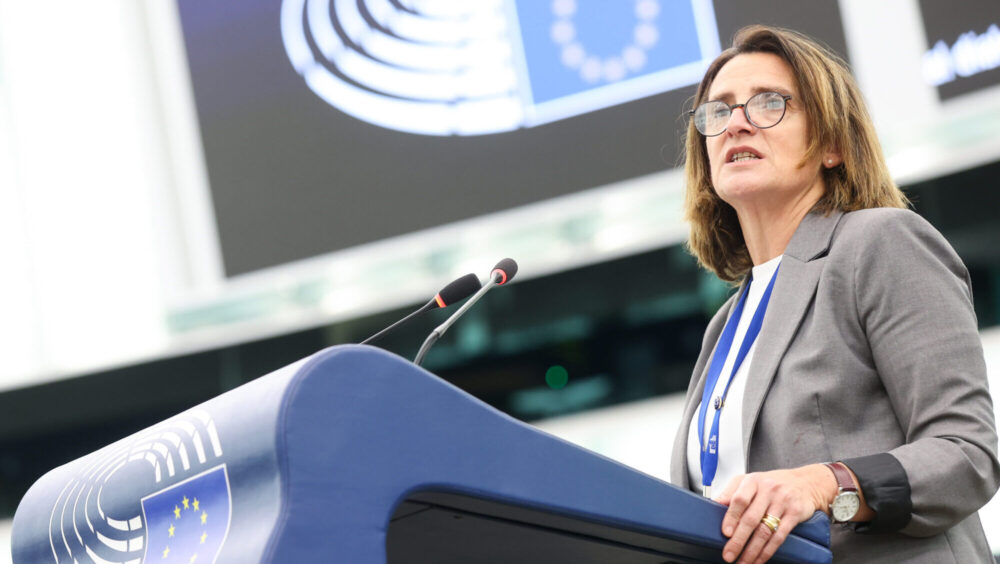On April 13th, Mario Vargas Llosa, a colossus of Hispanic letters, died at the age of 89 at his residence in Lima, “surrounded by his family and in peace,” his children announced on social media. Unceremoniously, as he wished, his remains were cremated. The world bids farewell to the last titan of the Spanish-American boom, a man whose pen transformed literature and whose life, full of contradictions, reflected the complexities of his time and demonstrated his keen intelligence.
Born in 1936 in Arequipa, Peru, Vargas Llosa was a tireless storyteller from a young age. His career began in journalism, but The City and the Dogs (1963), winner of the Biblioteca Breve Prize, established him as a novelist. Gabriel García Márquez, his friend and later rival, led the aforementioned boom, taking the region’s stories to the world. However, their falling out in 1976 marked an irreparable break.
His novels, such as Conversation in the Cathedral (1969), The War at the End of the World (1981), and The Feast of the Goat (2000), explored power, freedom, and the human condition with precision and depth. His 2010 Nobel Prize not only celebrated his genius but brought his stories of resistance to readers on every continent, from Europe to Asia. When he wrote some of its novels, Spanish America was unraveling between guerrillas of one kind or another and the interference of foreign powers.
His literary life was made possible by his wife, Patricia, who organized his world so that he could write. Every morning, Vargas Llosa immersed himself in his manuscripts, and in the afternoons, he wrote articles defending liberalism for media such as El País. Today, nothing is left of what that newspaper once was or of the ideas it defended. Given the political polarisation, it could be included in what some call left-liberal or liberal progressivism.
He won the Cervantes Prize (1994), the Prince of Asturias (1986), and, in 2023, became the first non-French speaker in the Académie Française, an honor that made him ‘immortal.’ His last novel, I Dedicate My Silence to Him (2023), seemed a symbolic farewell, as if the silence of its protagonist foreshadowed his own.
His love life, as novelistic as his books, included a marriage to Julia Urquidi, another to his cousin Patricia, and a brief affair with Isabel Preysler in 2015, which brought him back to Patricia until the end. The latter significantly damaged his personal and professional image. In his final days, weakened and almost unable to speak, he seemed to search for a place in his memory; as if the absence of writing had left him adrift—yet always accompanied by Patricia, his anchor.
However, his foray into politics left a shadow. In 1990, he led the Libertad Movement and ran for the presidency of Peru on a liberal program, seeking to counter the dominant populism. He had little success and opened the door to individuals many consider disastrous for the country in recent decades.
Vargas Llosa confessed that he wrote to combat unhappiness, a struggle that defined his life. “It takes me three or four years to write a novel, and I spend a good part of that time doubting myself,” he admitted. From his childhood, which was marked by a repressive father, to his bohemian years in Paris, he transformed every experience into literature.
Farewell, Mario.




